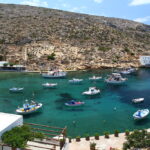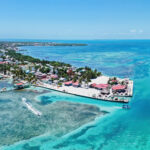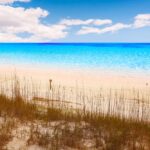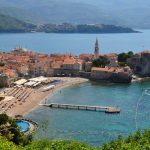Whistler mountain is well-known today as being one of the best places to ski. It was host to the 2010 Olympic Winter Games, but its history wasn’t always this amazing. Like most resorts, it had its own quirks – one of them being a rivalry with a competing mountain that lasted until 1997.
Its Origins as London Mountain
The Squamish and Lil’wat First Nations were the first true natives in the area. Over thousands of years, they built cultures that endured the test of time. But, it was inevitable that non-indigenous people who eventually stumble upon the area. William Downie and Joseph Mackay, along with four other assistants, and three Lil’wat guides were commissioned by the colonial government to explore the territory between Lillooet Lake and Howe Sound in 1858. The goal? To find a better route to the booming gold mines of British Columbia. ( Image by Ian Cleland )
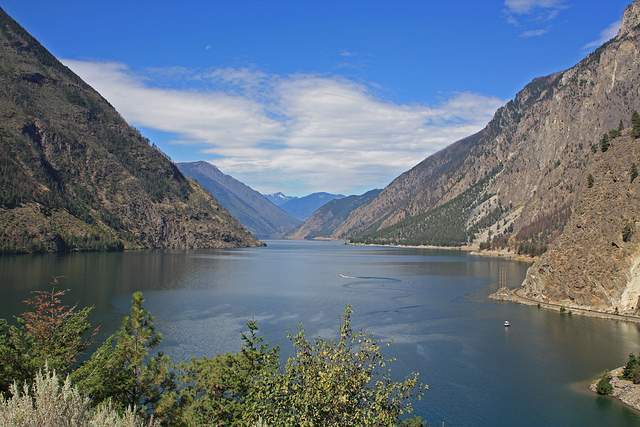
The Search For Gold
Like many activities of the day, the development of the mountains began as a search for gold. The guides took Downie and Mackay through a series of pre-existing trails. Initially, they were astounded by the beauty of the mountains, but dwindling rations forced them to press on.
The Rainbow Lodge
Of course, Downie and Mackay weren’t the only ones to come through, and they didn’t forget about the beauty they saw on their trip. More settlers came here and, in the early part of the 1880s, the first settlers arrived.
One of the first settlers was John Millar, a Texan. He supported himself through trapping and running a stopping house at the junction of the Pemberton Trail and what would eventually become known as Millar’s Creek. In 1911, Millar met Alex Philip and invited both him and his wife to experience the excellent fishing on the chain of lakes near his cabin.
Eventually, the Philips’ would purchase a small bit of land on the northwest corner of Alta Lake for $700 and build their dream wilderness fishing lodge, called The Rainbow Lodge. By 1914, the Lodge was finished. It had four bedrooms and a large living and dining area as well as a kitchen.
The scenery combined with the Pacific Great Eastern Railway, attracted tourists who were enticed by the mystery and beauty of the area. ( Image by loose_grip_99 )
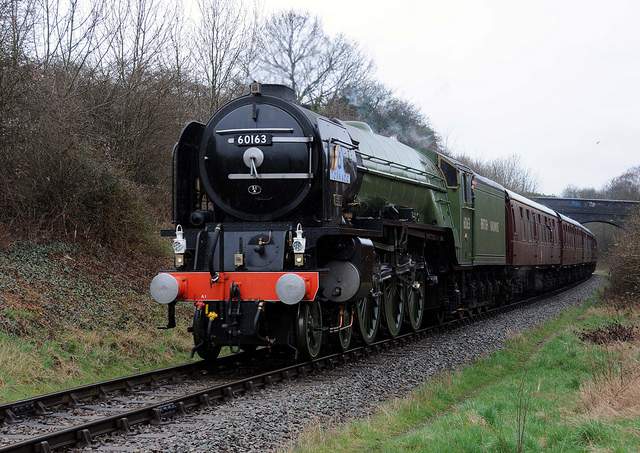
Rainbow Lodge grew, and so did the popularity of Alta Lake. In the 1930s, several other lodges were constructed to serve the growing demand for the summer tourist season. Eventually, the Philips sold their land to Alec and Audrey Greenwood and retired. Both of them lived out their lives on the hill they helped build.
The Almost Olympics Site
In 1960s, a group of businessmen decided they wanted to build a ski resort on the mountain and bring the Winter Olympic Games here. The Gariboldi Olympic Development Association was formed and construction began on one of the most ambitious adventures London Mountain had ever seen. By 1965, the mountain’s name had been changed to Whistler Mountain, which the locals had always called it due to the whistling sound of hoary marmots.
Unfortunately, even though the ski resort opened successfully in January of 1966, it failed to win the bid for the Olympic Games due to Montreal winning the bid for the 1976 Summer Games. The International Olympic Committee would not allow both summer and winter games to be held in the same country.
Growth Of The Area
This, of course, didn’t stop the area from growing. The Provincial NDP Government was interested in developing tourism to the area and so it created the first Resort Municipality of Whistler in 1975. This, in turn, attracted ski bums who moved to the area, building both illegal and legal lodges and homes.
Blackcomb Mountain and Whistler
Blackcomb Mountain opened in 1980 and became the main competitor to Whistler but the two finally resolved their differences in 1997 and joined forces. ( Image by RD Crisp )
The 2010 Olympic Games
Most of the people who come here seek Whistler Blackcomb lodging accommodations, because they’re some of the best in the country.
Eventually, this area realized its dream of hosting the Olympic games in 2010 and the official opening ceremonies of the XXI Olympic Winter Games took place here. Today, Whistler looks forward to an exciting future. Growth has not let up, and the locals anticipate a future that’s as exciting as the previous 100 years.
Ab0ut the Author
Maria Harder has a passion for the powder. An avid skier and writer, she likes to visit a variety of ski resorts each year. You can look for her well-researched writings mainly on sports and travel blogs and websites.

